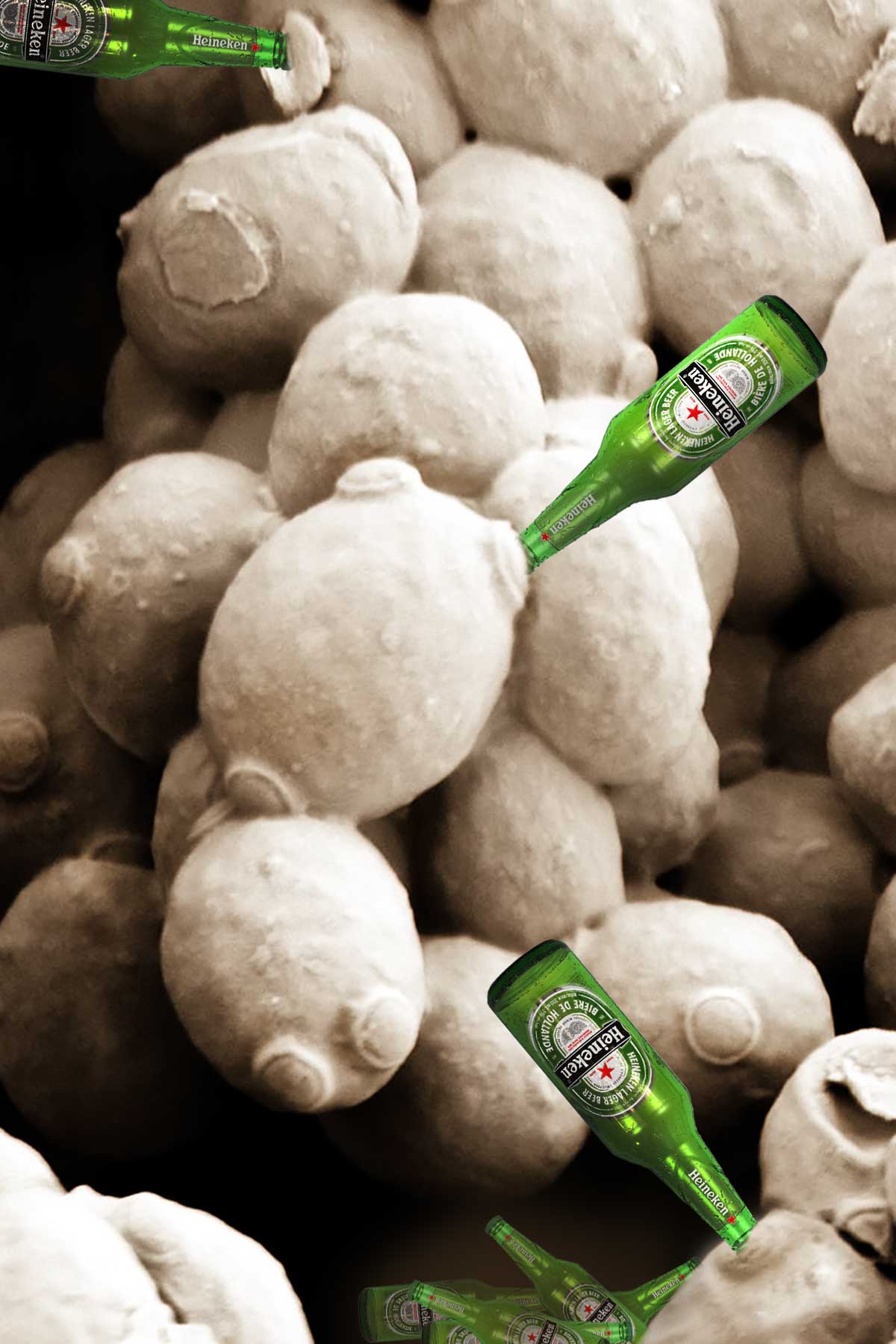
I am depressed*.
I can’t choke it down any longer. Like a fat birthday boy demanding the largest chunk of cake by moving his hands farther and farther apart, my depression has eyed me, every day wanting a bigger and bigger piece. This morning it took all of me.
Maybe I’m still sick with the flu, I think when I awake. It’s possible. I’ve been pummeled for more than 12 days with it. That could be the reason.
I consider calling my assistant, Annie, and telling her not to come to work. Annie is cheerful. Sometimes relentlessly cheerful. I want to murder relentlessly cheerful people when I’m depressed.
But I flutter the idea out of my mind. Isolation is the worst thing, I’ve learned from a lifetime of experience. Then I remember the bread dough that has been rising on my counter for almost 20 hours. I’m happy until I walk to the bathroom and forget I’m happy.
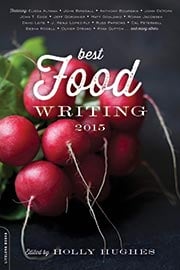
A walk. I will take a walk. And at the unholy hour of eight in the morning, I am outside, walking down the gentle slope of our road. I smell wet: damp leaves, sweet; soaked bark, earthy and dark. Crows caw and warn the others of my approach.
My stomach clutches. When I’m depressed, everyday pleasures cause me such angst and guilt. I’m reminded that I’m constitutionally unable to be buoyed—no matter how momentarily—by something outside of myself. I prefer gray, obliterating skies, or better yet, night; the cold shoulder of winter; lashing storms, like yesterday’s downpours—anything that a normal person would consider depressing because I find refuge in them.
Unlike an animal that changes its appearance to blend into the background, I am camouflaged by bleak, gloomy, and untoward surroundings, and I don’t have to explain myself to others. Doesn’t everyone get down on rainy days and Mondays? They even wrote a song about that.
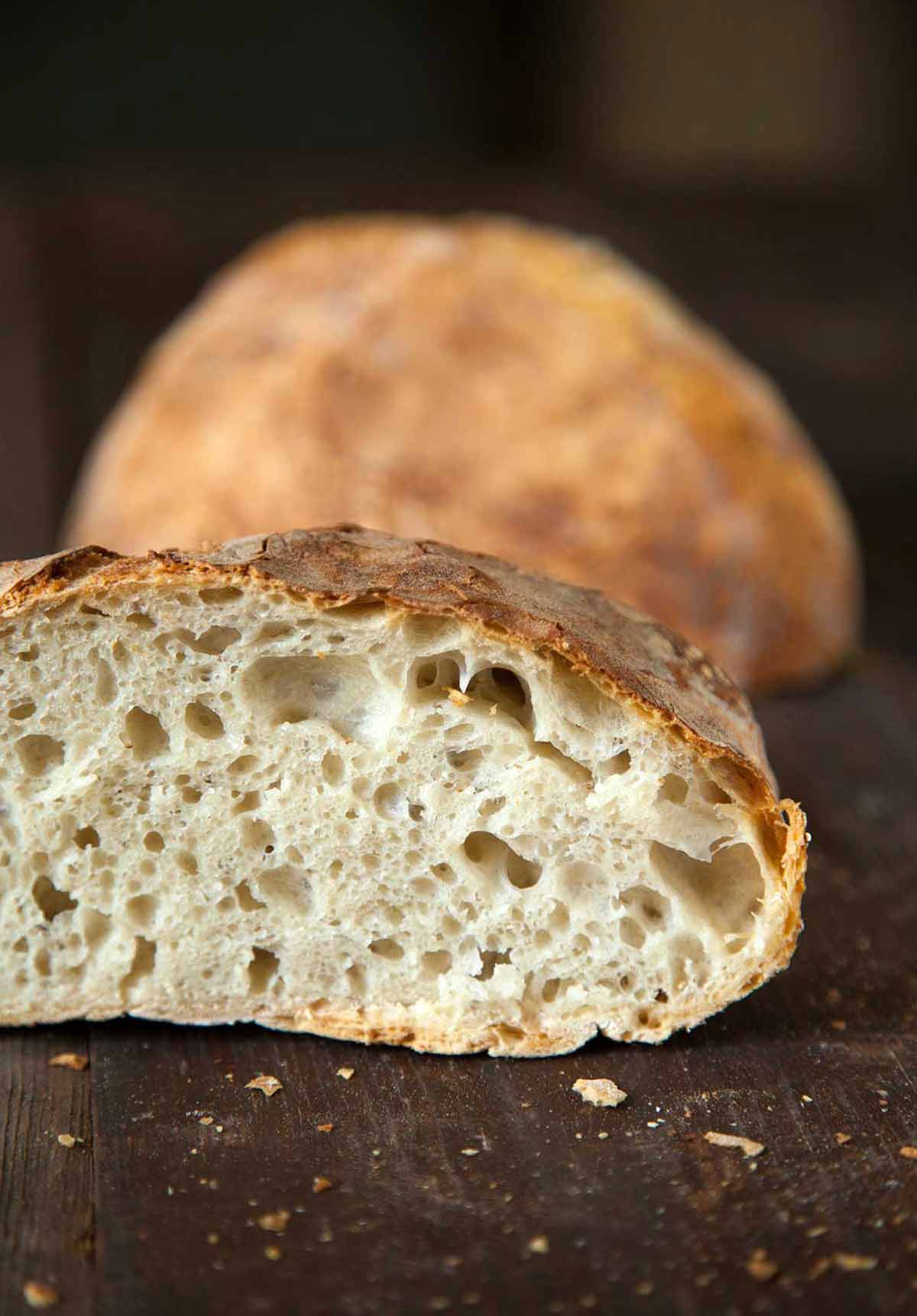
Depression is cunning, I think, watching the floodwaters gush over the falls down at the bottom of the hill. It first figure-eights between my feet like a cat trying to trip me up. I can usually outmaneuver it–a few quick steps, and I fox-trot out of the way.
But then the seduction begins. It slithers up, licking my calves, the insides of my thighs. For the past several days, I’ve felt it trying to lace its fingers between mine, wanting to pull me toward it so we can waltz. Me listless, feet dragging while it, haughty and victorious, sweeps us through the rooms.
When this happens, The One usually steps back, watching from a distance. He knows I will, in one vicious swipe, attack him. Twenty-two years of trial and error has shown him that only when I reach out should he comfort me.
I like to call him to me when I’m sitting down where I can lean my head against his chest. He wraps his arms around me and strokes and kisses my head. The thrum of his voice deep inside soothes. At these times, I need to feel smaller-than, to feel someone bigger in who I hold the childlike hope that he can make it all go away. When I am well, I will again tower over him, but not before this leaves.
Back from my walk, I turn on the oven and inspect the bread dough. The top is a riot of bubbles, like winking eyes. Although I’m a baker of sweets, I turn to bread when I’m down. Single-cell microscopic fungi springing to life, not just surviving but thriving, give me hope.
For each loaf, they have the equivalent of a frat-house kegger, gorging themselves then farting, belching, and gorging some more. I think how apt it is that “yeast” rhymes with “feast,” for that’s what they do, that’s their sole job. To feast.
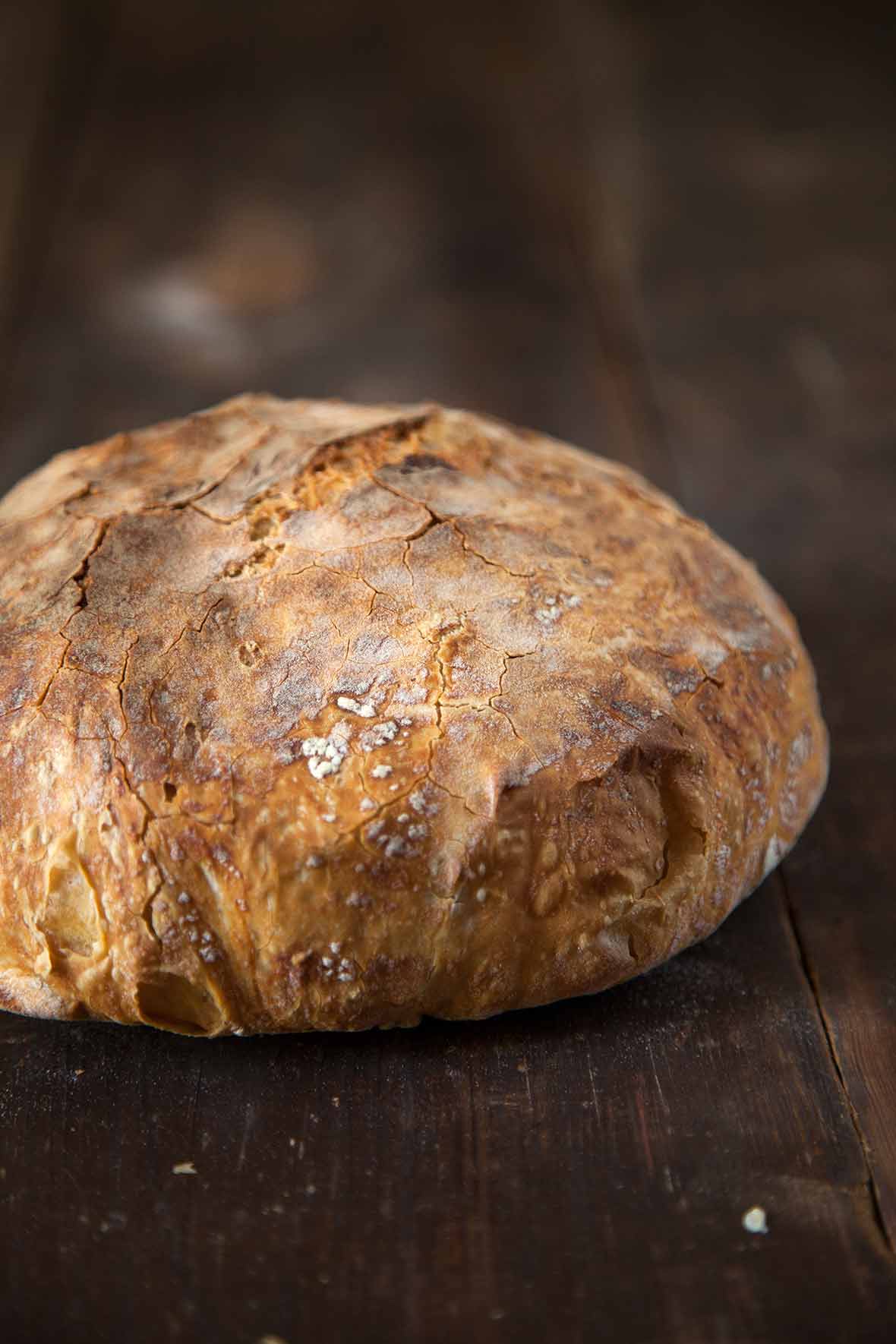
“Yeast are never depressed, I bet,” I say to no one. I fold the dough over itself several times, place it on a floured towel, and cover it. I sit, watching, knowing I will grow too distracted to notice it rising. It will take more than two hours to double in size, but I hope some of the party atmosphere will rub off on me.
I write. I clean. I sigh deeply. I miss my mania. I want somehow to ignite those fireworks that have sparked and exploded in me, whispering, “You can do anything,” making plans for me that I will never keep.
I want to sing; singing is always a sign I feel good. But no song comes. Just two lines from Hedwig and the Angry Inch: I put on some make-up, I turn on the eight-track…” loop through my head. I try to divine meaning in them, but there isn’t any, just some detritus left over from a Times Talk.
After the dough has risen, I flip it into the searing-hot Le Creuset pot, and it sticks to the dish towel. I try to shake it off, but the clump hangs above the pot, pendulous. “This dough is a piece of shit!” I yell, which expands to include “This recipe is a piece of shit,” and inevitably bleeds into “I am a piece of shit.” I am a screwup.
I claw the dough from the towel, throw it into the pot, and slide it into the oven. Any joy I had derived from baking the loaf is gone. It will be a mess, look freakish, and I will have failed. I will feel no modicum of accomplishment, which can, sometimes, lift me, just for a moment, when nothing else will.
Pulling the loaf from the pot 45 minutes later, I marvel, Yeast is amazingly forgiving. The loaf is not even misshapen, and it’s richly brown, with pockmarks and desert-like cracks ripping through its surface.
That’s why I turn to bread when depressed, I believe: It bears no grudge. Puff pastry, brioche, and pâte à choux are punitive doughs. But this ordinary bread, with its punch-drunk yeast, can cope with being cursed at and mangled. Bread is the dough of the depressed, the worried, the anxious, the burdened.
I am still depressed, but at least I now have the carbs. I cut myself a slice.
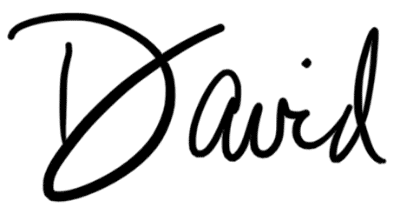
*If you or someone you know is in crisis and needs immediate help, call or text 988 to connect with the 988 Suicide & Crisis Lifeline.
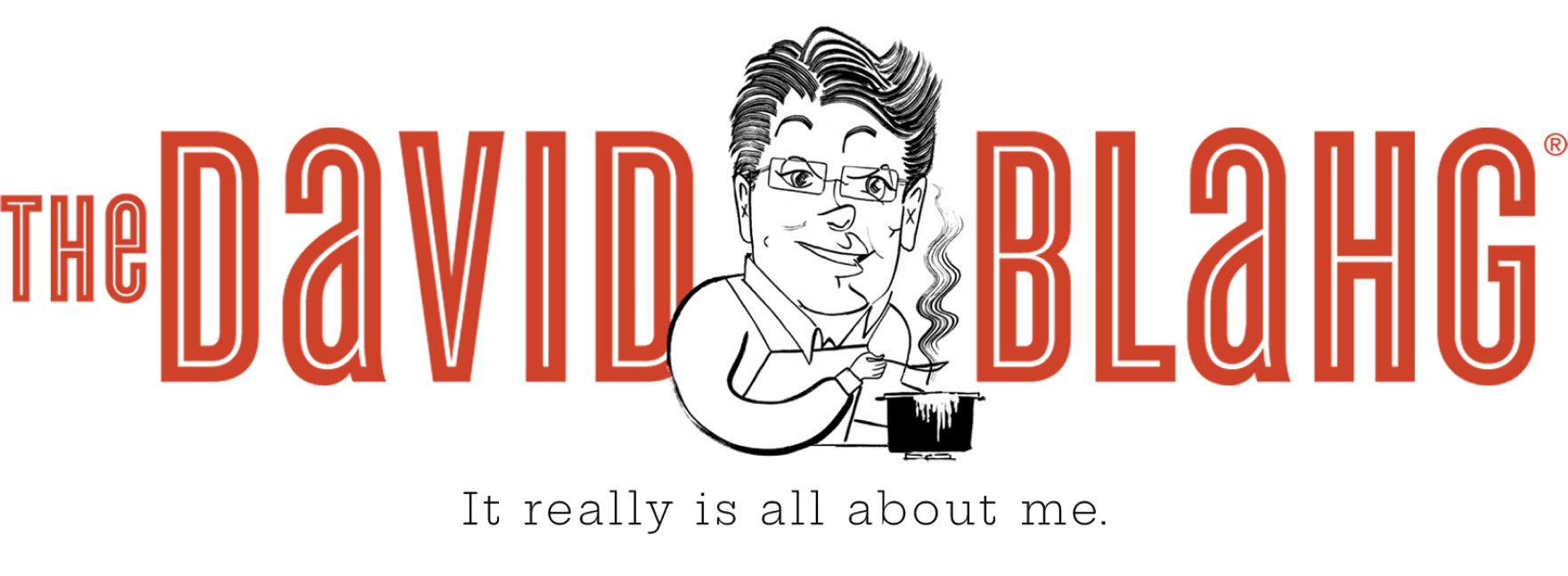
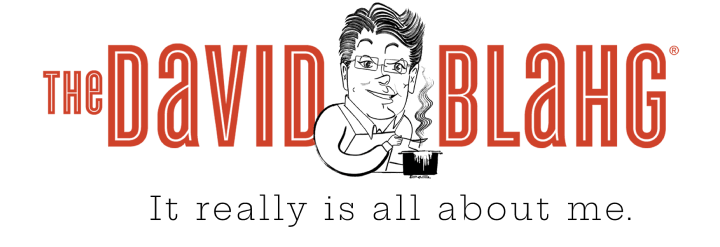

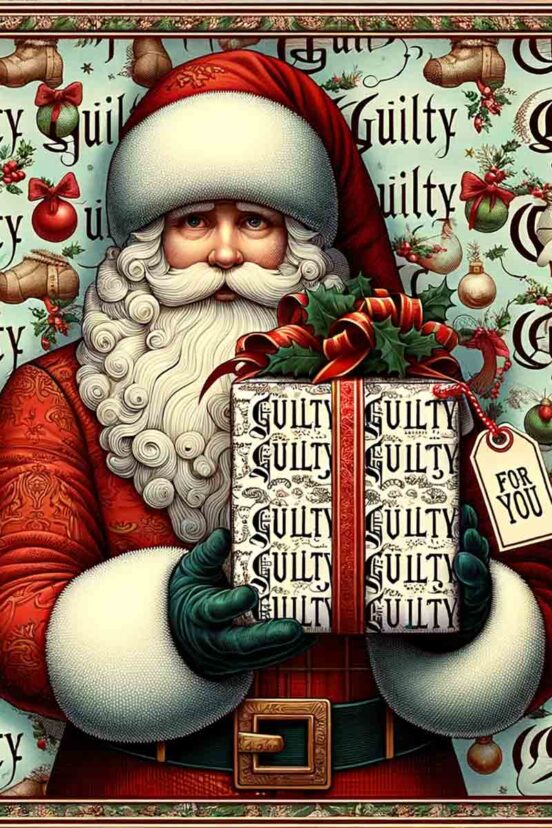
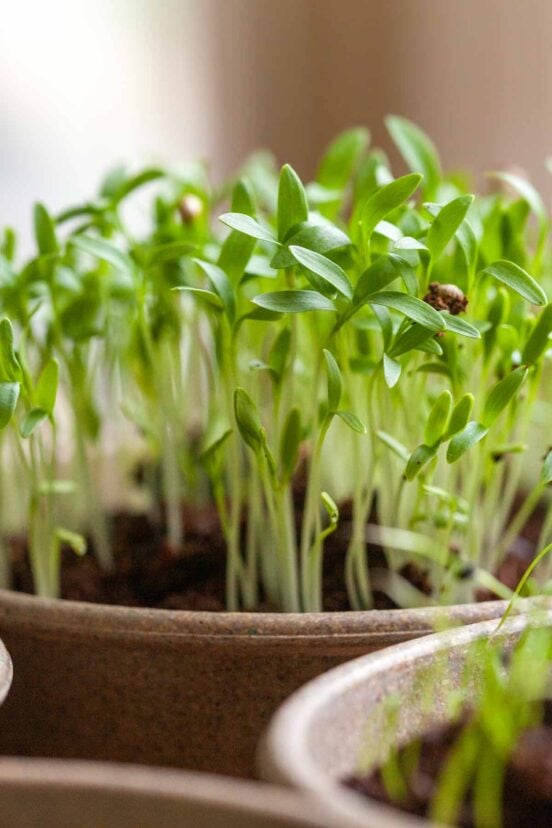
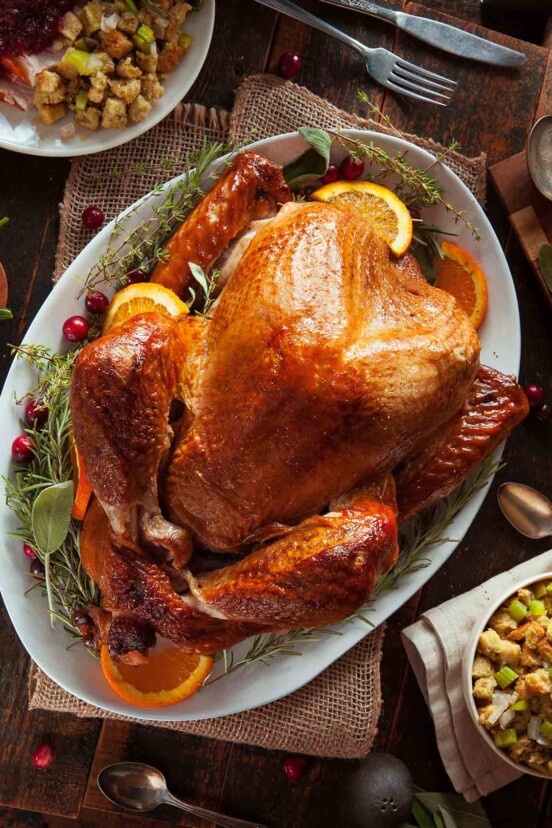









Dear David,
I’ve had this “feeling” from time to time. I had never been able to describe it in words.
“Friday nights are hard. Saturday mornings are terrible.” a fellow widow said to me once, and that’s been true for me. Surviving the weekend without my lifetime friend seems very daunting. I know what this weekly sadness stems from. It’s grief. I know it’s coming; it’s Friday, get ready. But then how about the unanticipated sadness that doesn’t seem to be directly related to losing my husband a few years ago? It’s emotional, but it’s also physical; I physically feel it just where my heart is. It always comes uninvited, unannounced. Then one of my closest friends said, “You’re depressed. It’s called depression.”
Every winter people tell me that I’ll feel better when the snow is gone. The sun will help. You and I know that’s not always true. It’s not enough. The cold, dark, snowy winter said “I understand how you feel.” The snow is now gone and my garden is full of hyacinth flowers. I feel left behind. I have lost the camaraderie.
So we bake, cook, putz around in the garden, reach out to our loved ones, or not. We take what we can handle and move through each day.
KitchenHeals, I’m simply dumbstruck. Your words are so penetrating and beautiful. I hope, no, I’m sure, they will help others. Thank you.
My Dear Mr. Leite – As you and I have discussed, I know firsthand how this goes. I’ve been dealing with some extra stressful matters lately and trying to balance real life with them. Then a week or so ago, I was with some friends and caught myself laughing loudly and almost obnoxiously. Even I thought to myself that such a reaction was overblown and that little voice in my head said “Oh god, we’re on an upswing which means a down swing is coming.” And yes, here it is, looming like a thunderstorm ready to flood my world and wash away any sense of good things. And like you said, I know this will pass, and the stresses will go away. But right now I just want to go back to bed and sleep because it’s safer there.
KB
My Dear Mr. Kitchenbeard, I’m so sorry to hear of your down swing. I know how hard it can be. What’s important is that you take care of yourself. If that means a nap or two, a nap or two it is. Or canceling plans, or watching really sad movies so you can cry it out, so be it. Do what you must to be well. I and the world will be here when you resurface. (And I’m here if you want to talk to someone before you resurface.)
David,
This post is so courageous and moving. I have always found baking to be therapeutic, and I love the idea of yeast being a depression-buster. Please be kind and gentle with yourself during the dark days. And please keep writing, cooking, and baking. Know that your “blahg” is an inspiration to all the Culinaria fans including yours truly.
Karen
Dear Yours Truly, thank you for your kinds words. It’s good to know my writing isn’t going unnoticed. As the memoir writer and teacher Marion Roach Smith says, “Play hurt.” Meaning, like football players, one has to play (write) while hurt. It’s the only way to truth. And, fingers, crossed: I’ve felt much better these past few days.